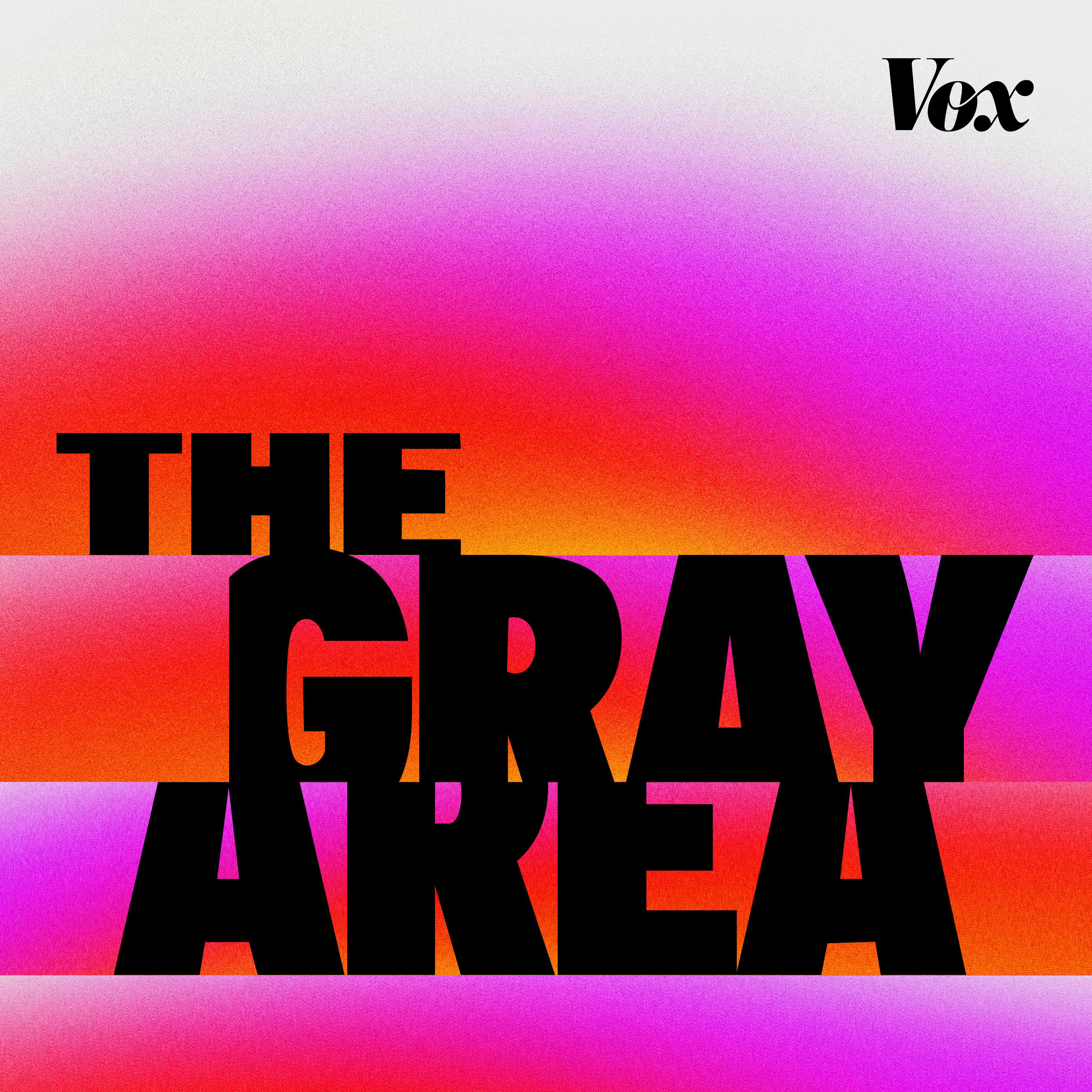The Gray Area with Sean Illing
A lot of Gen Z men sound surprisingly excited about fatherhood. A lot of Gen Z women…do not.
And that divide — and the national handwringing about it — says a lot about the changing status of men and women in this country, and the uncomfortable realization that for American policymakers, not all children are created equal.
Today’s guest is Vox reporter and bestselling novelist Anna North, who covers kids, parenting, and American family life. She writes the Vox newsletter Kids Today, and her latest chart-topping novel is Bog Queen. She recently reported on the gap between young men and young women on parenthood and what that might tell us about gender roles, relationships, and the future of family formation in a politically polarized country.
Host: Sean Illing (@SeanIlling)
Guest: Anna North
We would love to hear from you. To tell us what you thought of this episode, email us at thegrayarea@vox.com or leave us a voicemail at 1-800-214-5749. Your comments and questions help us make a better show.
And you can watch new episodes of The Gray Area on YouTube. New episodes drop every Monday and Friday.
Listen to The Gray Area ad-free by becoming a Vox Member: vox.com/members.
Learn more about your ad choices. Visit podcastchoices.com/adchoices

Why Ta-Nehisi Coates is hopeful
The first question I asked Ta-Nehisi Coates, in this episode, was broad: What does he see right now, as he looks out at the country? “I can’t believe I’m gonna say this,” he replied, “but…
Are humans fundamentally good? (with Rutger Bregman)
Dutch historian and De Correspondent writer Rutger Bregman got famous for the lashings he gave Tucker Carlson and the assembled plutocrats of Davos. But his work is far more utopian than polemical. The conversation we…
From politician to priest
I first met Cyrus Habib at a conference a few years ago. You don’t forget him. He’s a Rhodes scholar. Iranian-America. As lieutenant governor of Washington state, he was the youngest Democrat elected to statewide…
Robert Frank’s radical idea
I’ve known Cornell economist Robert Frank for almost 15 years. And for as long as I’ve known him, Frank has been trying to convince his fellow economists of an idea that’s simple to state, but…
Why “essential” workers are treated as disposable
Grocery store clerks. Fast food cashiers. Hospice care workers. Bus drivers. Farm workers. Along with doctors and nurses, these are the people who are putting their own lives at risk to keep our society functioning…
“The world’s scariest economist” on coronavirus, innovation, and purpose
The Times of London called Mariana Mazzucato “the world’s scariest economist.” Quartz describes her as “on a mission to save capitalism from itself.” Wired says she has “a plan to fix capitalism,” and warns that…
A mind-bending conversation about quantum mechanics and parallel worlds
While you read these words, the universe is splitting into countless copies. New realities, all with a version of you, exactly like you are now, but journeying off into their own branch of the multiverse.…
Why the coronavirus is so deadly for black America
In Michigan, African Americans represent 14 percent of the population, 33 percent of infections, and 40 percent of deaths. In Mississippi they represent 38 percent of the population, 56 percent of infections, and 66 percent…
Jenny Odell on nature, art, and burnout in quarantine
One of my favorite episodes of this show was my conversation with Jenny Odell, just under a year ago. Odell, a visual artist, writer, and Stanford lecturer, had just released her book How to Do…
An unusually honest conversation about wielding political power
Rep. Pramila Jayapal (D-WA) is the co-chair of the 95-member House Progressive Caucus. That means, in the aftermath of Sen. Bernie Sanders’s presidential campaign, she leads the most influential bloc of progressive power in the…
